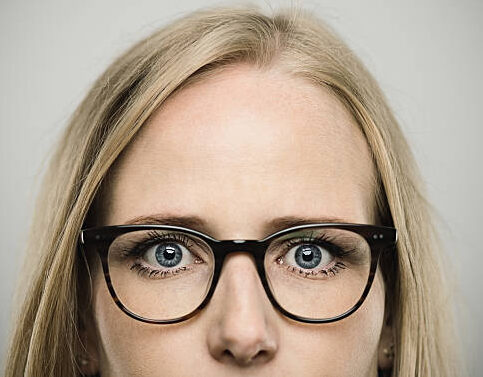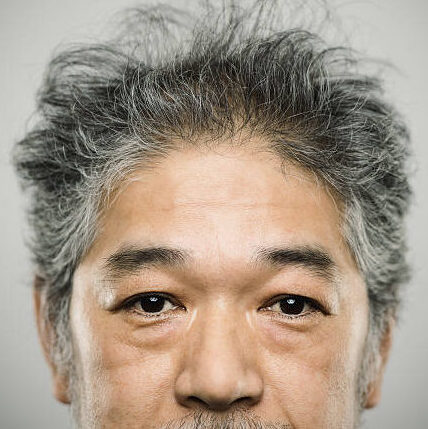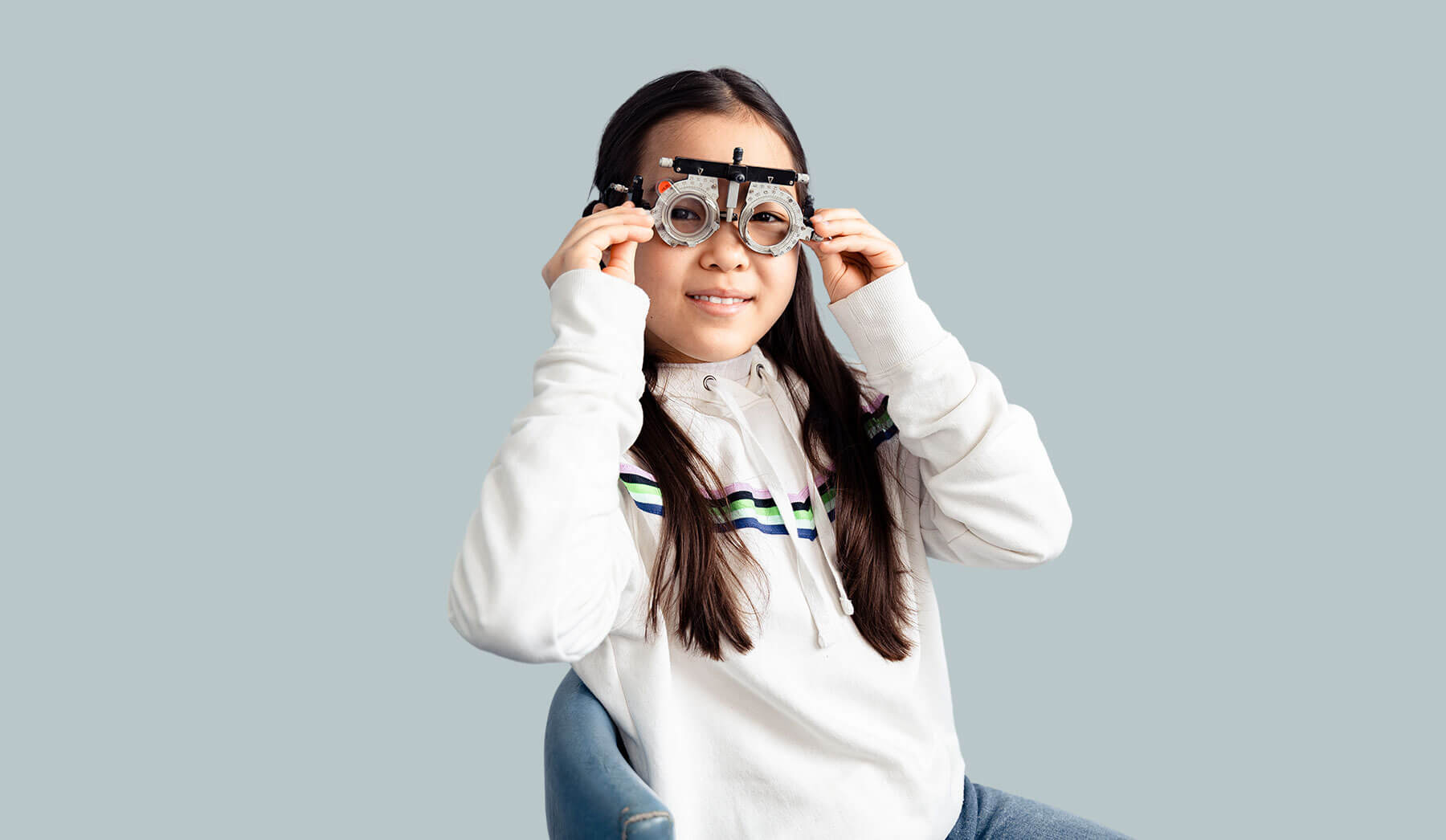
EYE
HEALTH
Your eye sight is one of the most precious gifts you posses.
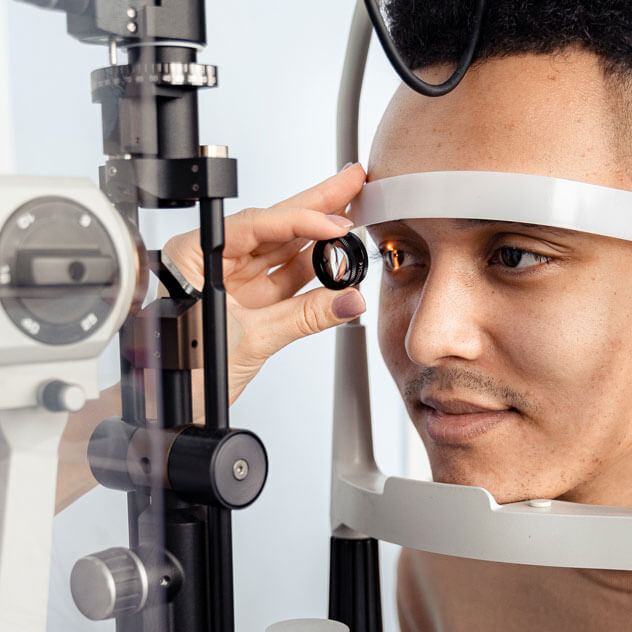
eye health
Your eye test
We warmly welcome you and hope to put you at ease in our relaxed, patient-friendly environment, where familiarity with our professional staff is essential.
At Gordon Thomas and Avista Eye Care, we have always placed a strong emphasis on building a solid community foundation while providing a personalised service. We provide comprehensive eye care, delivering top-notch professionalism and the comfort of a friendly, welcoming team. Committed to helping you, we empower you to choose your eye care needs. For generations, loyal patients and families have trusted us with their eye care, and their support has been key to our continued excellence.
Please allow a half-hour for your consultation. Prior to any eye examination, we will complete a pre-examination questionnaire, which will aid us in our investigation of your vision. Some people are entitled to a free NHS sight test. Click here to see if you eligible.
Contact us for more information.
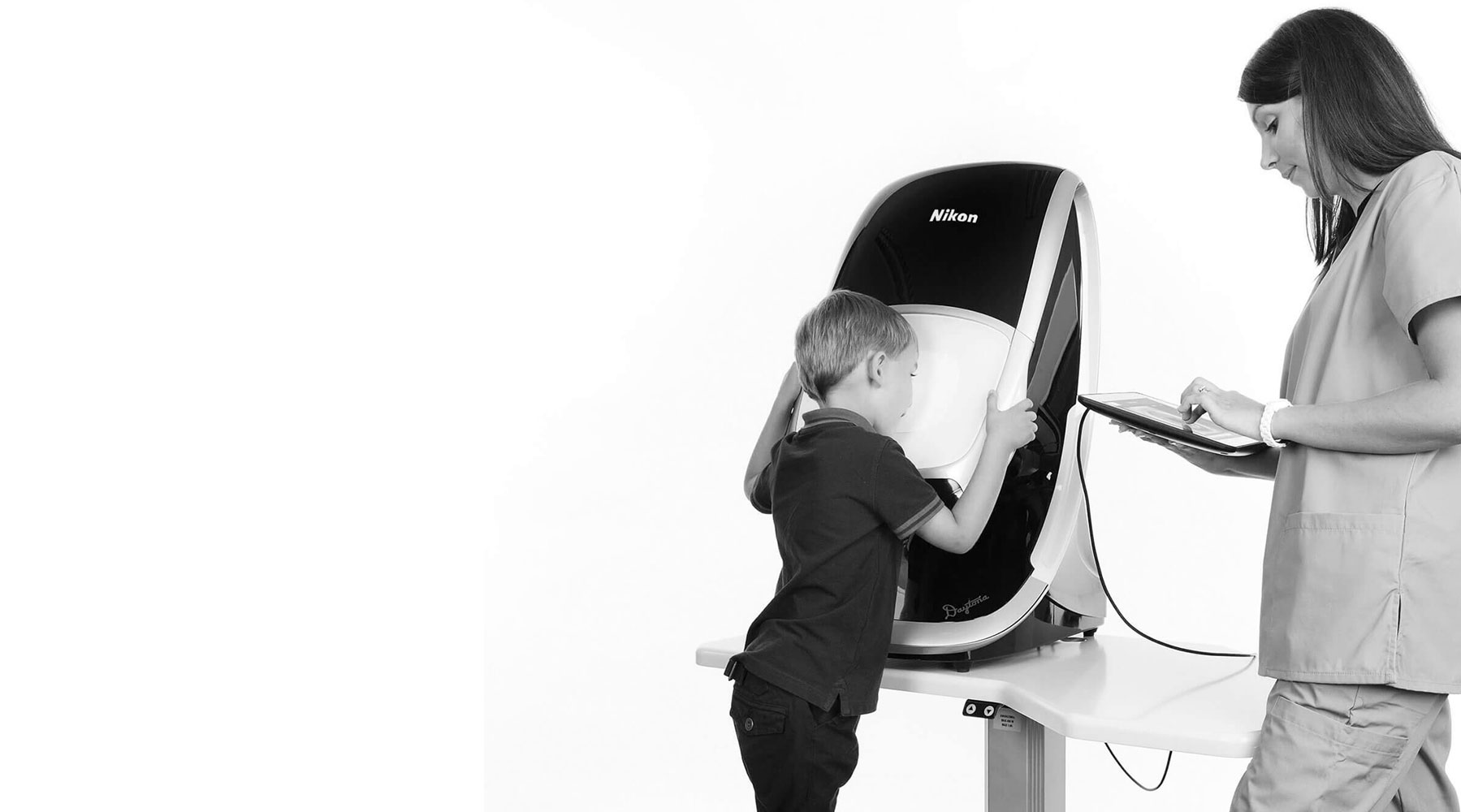
Reveal hidden eye issues with Optos!
This ultra-widefield device captures over 80% of your retina in one shot—spotting problems traditional methods miss. Precision care for your vision.

eye health
Children’s eye test
As optometrists, we’re committed to optimising children’s vision for their academic and social development. Early intervention is crucial as children’s eyes continue to develop during childhood, ensuring a lasting impact on their well-being. We warmly welcome our young patients with a dedicated specialist and a child-friendly eyewear area. Using advanced technology, we assess children’s visual development. Children’s vision tests vary; some are shy, while others are inquisitive. We adapt the test to their abilities for the best results. We collaborate with local hospitals and GP surgeries, spanning generations. Our role is to identify refractive issues and refer them to specialists. We offer a diverse selection of durable, age-appropriate frames designed for children of all backgrounds.
Five ways to protect your child’s eyes
1. Spending a few hours a day outside.
2. Avoid using mobile devices at bedtime to promote better sleep.
3. Shield their eyes from harmful UV rays with UV-filtered sunglasses.
4. Eating five servings of fruits and vegetables per day can help protect their vision.
5. Schedule an eye test every two years – Children under 16 get NHS-funded sight tests.
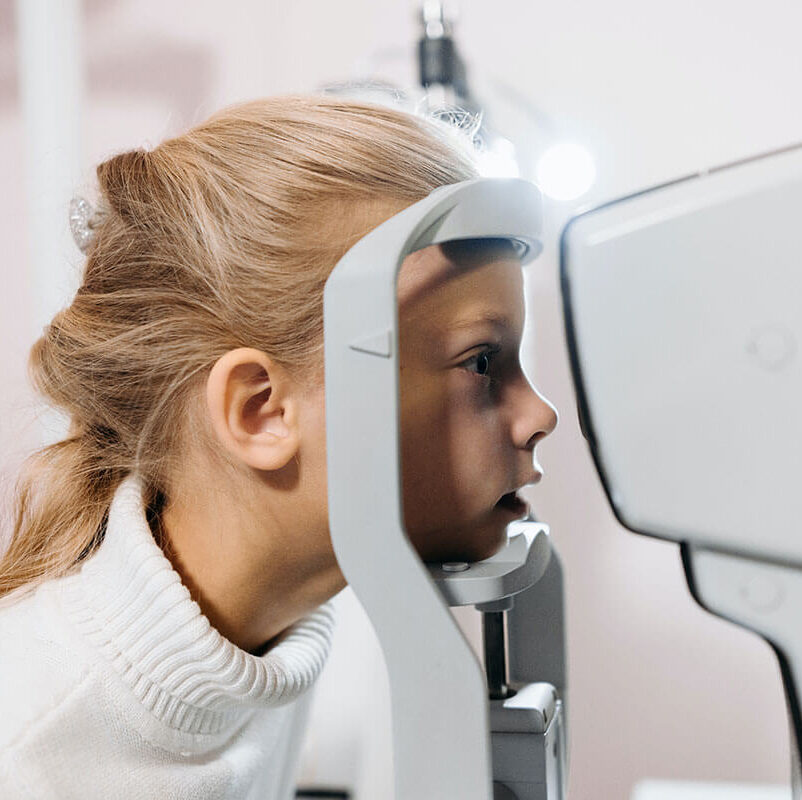
Overview of children’s
eye examination
Our child eye exams cater to toddlers, preteens, and teens. We assess vision, eye coordination, and health. After the test, we discuss results, answer questions, and provide recommendations for glasses and a ‘when to wear’ schedule if needed.
Free NHS funded eye examinations
All children under the age of 16 and those under the age of 19 in full-time education are eligible for a free NHS eye examination. For more information please visit the free NHS eye exam website.
Preparing your child for an eye exam
How you help prepare your child for an eye examination
1. Plan your child’s eye exams for a time of day when they’ll be most alert and cooperative.
2. Explain to your child that our optician will use special tools to ensure their eyes are healthy. Remind them of your own positive experiences at the optician.
3. Encourage your child to share their concerns about going to the optician with us so that we can make their visit more comfortable.
4. Our optician will inquire about your child’s lifestyle, hobbies, and any family history of eye problems.
Problems with vision to look out for
A child’s eye health affects their growth and education. Regular eye tests are crucial, as issues can affect their school performance. Sometimes, there are no clear signs, and kids might not realise something’s wrong. Symptoms like headaches or eye strain can occur. Early identification of vision problems is essential for their well-being.
Symptoms of vision problems may be:
- An eye turned in a different direction
- Concentration problems
- Constant headaches
- Sitting too close to the television
- Holding books too close to the face
- Frequent rubbing of the eyes
- Squinting of the eyes
- Blinking excessively
- Uncomfortable in bright light
- Stumbling and colliding with objects
- Trouble recognising colours
- Double vision or blurred vision
- Words shift during reading
A full visual assessment will reveal whether this, or any other signs of visual skill deficiency, exist.
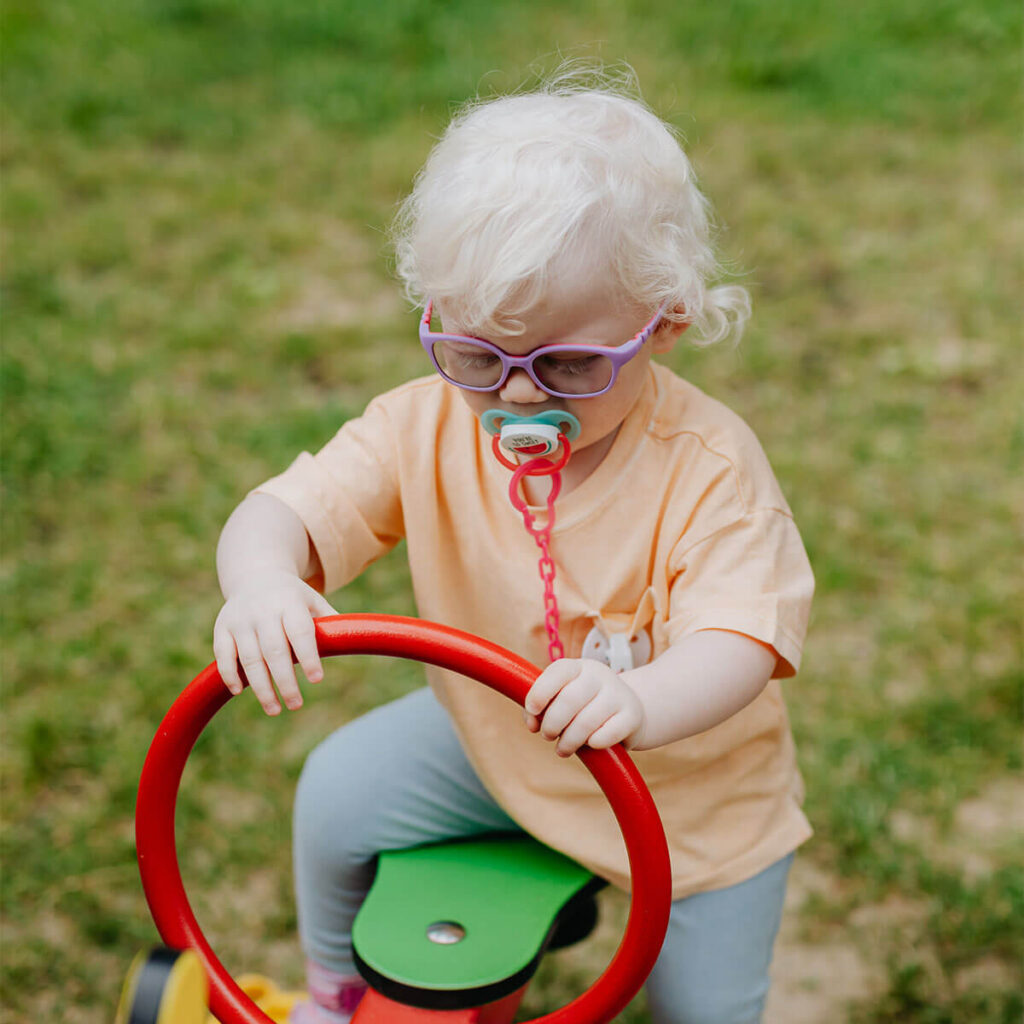
Your babies eyes
Parents play an important role in helping to assure their child’s eyes and vision develop properly.
Steps that every parent should take include:
Keep an eye out for signs of eye and vision problems. Engaging in age-appropriate activities can aid in the development of their child’s vision. Seek professional eye care beginning with the first comprehensive eye exam around the age of six months.
At all ages:
If you notice any of the following symptoms, you should take your child to a doctor as soon as possible.
- An opaque, white glow or white reflection in the pupil of an eye
- A missing or altered “red eye” reflection in photographs
- Instances where the eyes do not appear to look in the same direction (a squint).
- For no obvious reason: watering, redness, sore, or swollen eyes
- Drooping eyelids
- A change in the colour of the iris (the coloured part of the eye), especially if only in one area
- Increasing sensitivity to light
- You suspectIon of sight deterioration
Your Babies Eyes
Babies do not see as well as older children or adults at birth. Their vision and eyes aren’t fully developed. However, significant progress is made during the first few months of life. The following are some vision and child development milestones to look out for: It is important to remember that no two children are alike, and some may reach certain developmental milestones at different ages. Premature or low birth weight babies are more likely to have vision problems. This is due to their eyes missing the final stages of development near the end of the pregnancy.
eye health
Frequently asked questions
